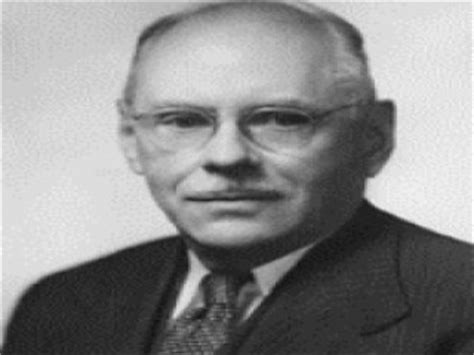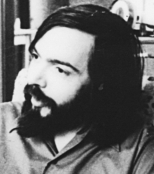A Quote by Frank Knight
If all properly economic problems were solved once for all . . . the social struggle and strife would . . . [not necessarily] be reduced in amount or intensity . . . in the absence of some moral revolution which could by no means be assumed to follow in consequence of this change itself.
Related Quotes
When we planned our country's economic development, we had the strategic objective of our Revolution in mind. It was not planned for economic development [to be] solely an end in itself. There are some who have forgotten that the sole basis of our revolutionary struggle was the ideology and politics which we follow.
The enormous social change involved in a sexual revolution is basically a matter of altered consciousness, the exposure and elimination of social and psychological realities underlying political and cultural structures. We are speaking, then, of a cultural revolution, which, while it must necessarily involve the political and economic reorganization traditionally implied by the term revolution, must go far beyond this as well.
When we generate utopian visions and hope to make them happen soon – when we elect Barack Obama and expect all our problems to be solved, and solved quickly, by his presidency – the outcome is both predictable and tragic. That is not the way to engage social change in a democracy. And it is not the way to help democracy itself survive and thrive. Democracy is a non-stop experiment. Each generation must help sustain it, which means being in it day-by-day for the long haul.
In my estimation, there should always be a mixture of economic liberalism - which means small government, a great emphasis on markets - but also a certain degree of social conservatism, not to favor change unless that change is beneficial. So I describe myself as an economic liberal and a social conservative.
We must begin by acknowledging that there is a complete absence of two things in Indian Society. One of these is equality. On the social plane we have an India based on the principles of graded inequality, which means elevation for some and degradation for others. On the economic plane we have a society in which there are some who have immense wealth as against many who live in abject poverty.
The Declaration of Independence promised citizens equal access to economic opportunity. This was the powerful principle for which men were willing to fight the American Revolution, but it was never codified in law. When the Founding Fathers wrote the Constitution, they assumed that the country's vast resources would ensure equality of opportunity.
Revolution is only truly revolution if it is a continuous struggle-not just an external struggle against an enemy, but an inner struggle, fighting and subduing all negative aspects which hinder or do damage to the course of the revolution. In this light, revolution is ... a mighty symphony of victory over the enemy and over oneself.




































